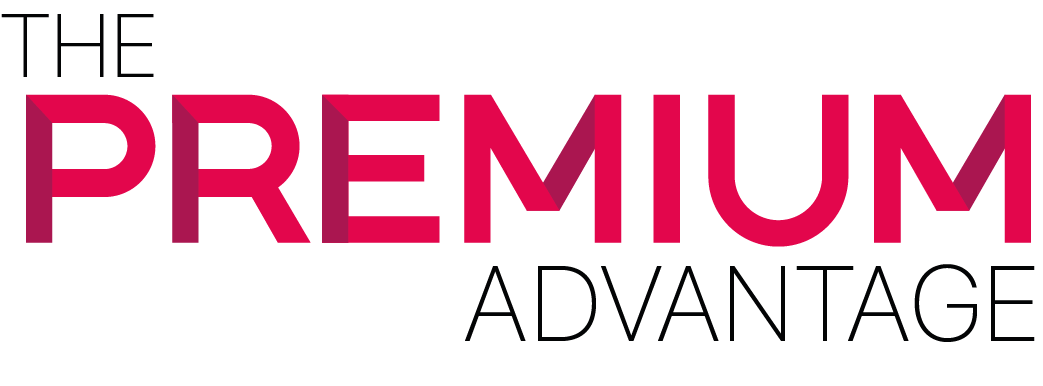It’s the new year and great time to focus on setting up your financial resolutions. We all do this every year; resolve to get better at managing money. We are successful for the first couple of weeks and then the good habits lapse when something in a store or online catch our eye. Do we fail at it because we set unrealistic goals and expectations for ourselves? Please understand that it is important to get your financial house in order and establish habits that will pay off in the long run. Keeping good habits in mind, read on to find reasonable goals that you may be more likely to keep. And make 2019 the year you turn things around and achieve your New Year’s financial resolutions.
-
Start Budgeting
Budgeting is the most effective money management tool out there that we choose to not follow. We are resistant on creating a budget because we say it takes too much time. But in fact takes a little over an hour to set up a budget and maybe 30 minutes revisiting every month. When creating a budget all you have to do is list recurring monthly expenses, factor in one-time expenses and compare total spending to your after tax income. Make sure to check bank and credit card statements for accuracy. Once you have all that in place you will see clearly where your money is going and where you can cut back.
-
Build An Emergency Fund
How many of you have money set aside in the event of an emergency? If you do not have an emergency fund set up, doing so should take priority over all other financial goals. A couple of hundred dollars won’t do you should have at least three months’ worth of living expenses set aside in the bank. If you have already created a budget start building your emergency fund from the expenses you have chosen to trim. Are you determined to build up your emergency fund fast? If that is the case you may need to make drastic moves such as a second job on downsizing your home or vehicle.
-
Boost Retirement Savings
Social Security will not provide enough income for you to live on once you retire. The main reason is because it is only meant to replace about 40% only of your average pre-retirement income. You will need twice that amount to live comfortably during your golden years. But the good news is for 2019 retirement plan contribution limits have increased. For example, if you’re under 50 you can increase your 401K annually up to $19,000. Other ways to boost your retirement are by saving more effectively and investing on stocks in your investment portfolio.
-
Eliminate Credit Card Debt
The simplest thing to do is apply for a credit card when you need funds. Unfortunately, so many of us are in credit card debt that probably reaches thousands of dollars. Credit card debt is always bad news because it not only costs money via interest charges but it has the potential to lower your credit score. To effectively eliminate credit card debt, you need to look at your cards, identify ones with highest interest rate and pay those off first. You can also look into transferring various balances over to a card with a lower interest rate than what you are currently paying.
-
Invest In You
Have you thought about going back to school or finishing up a degree? Sometimes money is what keeps us from achieving all the things we wish to do. If you make the financial changes stated above and use some of your savings you can invest in your career. You can get a master’s degree, a professional certification or just update equipment to make your day-to-day work more efficient. Your earnings may increase when investing in yourself and you can make up for the money you spent.
